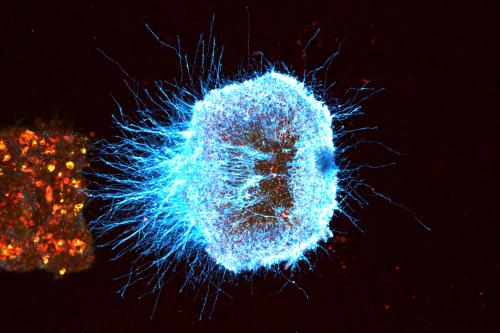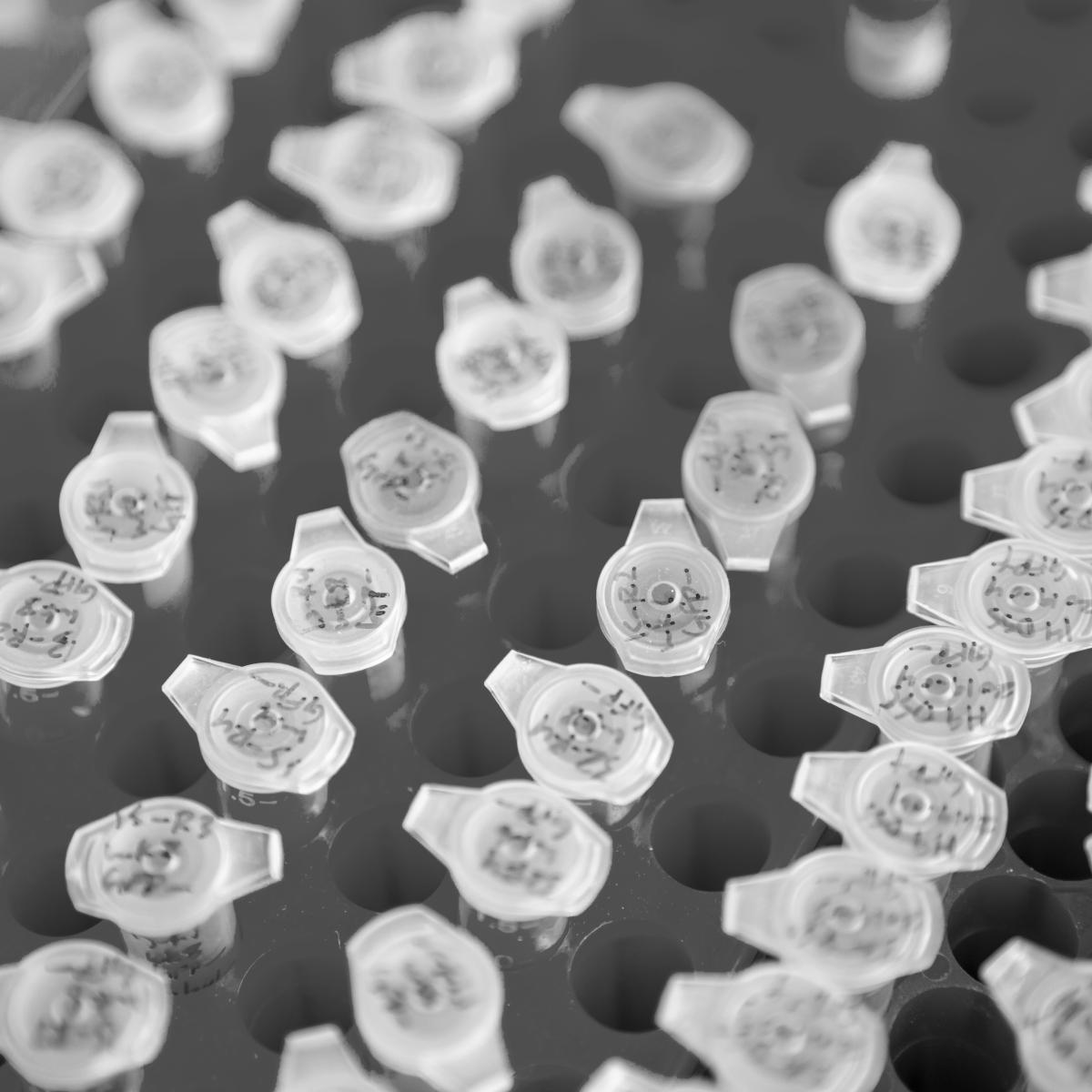

A type of clinical research A type of medical research focused on the study of health and disease in humans. It helps translate basic and translational research into new treatments and information that can be used to improve patient care. There are two main types: observational studies and clinical trials. clinical research A type of medical research focused on the study of health and disease in humans. It helps translate basic and translational research into new treatments and information that can be used to improve patient care. There are two main types: observational studies and clinical trials. that seeks to identify and analyze patterns using study participants’ medical data including their health, habits or environment, as well as biological samples such as tissue or blood. Unlike in clinical trials, no specific interventions are used.
A type of "universal" cell therapy that can safely be used in any person. These experimental therapies rely on healthy donor cells that — either due to their unique properties or thanks to genetic modification — do not carry the risk of being rejected by patients' immune systems. Because these therapies do not have to be manufactured on a patient-specific Refers to a therapeutic product that is specifically formulated for or customized to a particular patient. In patient-specific cell therapies, a patient's cells are either genetically engineered, expanded or reprogrammed and differentiated to produce cells that same patient needs for treatment. patient-specific Refers to a therapeutic product that is specifically formulated for or customized to a particular patient. In patient-specific cell therapies, a patient's cells are either genetically engineered, expanded or reprogrammed and differentiated to produce cells that same patient needs for treatment. basis, they can benefit more patients and reach them in a faster, more cost-effective way.
3D tissue grown from stem cells Cells that have the ability to differentiate into multiple types of cells and make an unlimited number of copies of themselves. stem cells Cells that have the ability to differentiate into multiple types of cells and make an unlimited number of copies of themselves. to replicate aspects of the structure and function of an organ. By modeling how multiple types of cells interact in biologically-relevant structures, these models help researchers understand how human organs develop, age and respond to disease in more detail than 2D cultures.
